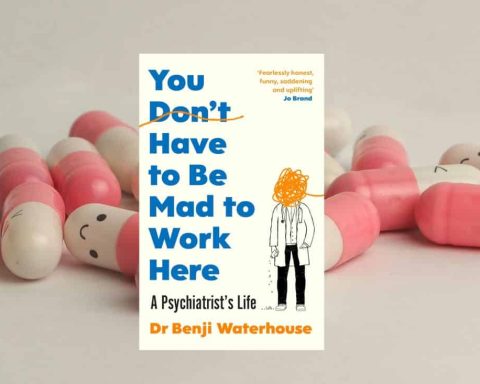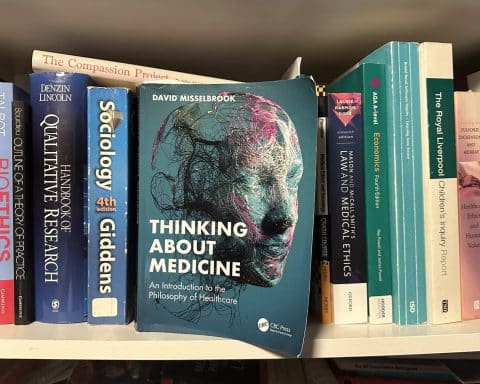
‘Patients suffering with fibromyalgia feel that they are not believed and they are not listened to.’ This is the key phrase on the back cover of Fibromyalgia by Thanthullu Vasu and justifies a publication on this topic.
The author suggests that this book is suitable for a range of healthcare professionals as well as people with fibromyalgia. While undoubtedly fibromyalgia may not be adequately covered in the medical curriculum,1 I am not sure that this book fills the gap.
The book is well laid out and very easy to read; but there are a number of irritations: the few references included (not always up-to-date) are numbered at the end of each section, but the statements that the references support are not numbered … so the reader has to try to match a reference with narrative.
“While undoubtedly fibromyalgia may not be adequately covered in the medical curriculum, I am not sure that this book fills the gap.”
I wonder if the start of the book might have introduced the topic by describing the experiences of people with fibromyalgia (rather than ‘patients suffering with fibromyalgia’). I think the book might then have appealed more to both lay and clinical audiences.
It was disappointing to find the ‘Psychological therapies’ section after ‘Physical therapies’ — the latter included a number of non-evidence-based therapies without appropriate critique. The identification and management of comorbid anxiety and depression in people with fibromyalgia, a key challenge for primary care, was lost in the text.
Many areas were skimmed over very simplistically, so it was a surprise when I came across the diagram ‘Mechanism of action of NSAIDs [non-steroidal anti-inflammatory drugs]’. No other models were given for other treatment modalities. I was also concerned that the author seems to be recommending the use of COX-2 selective NSAIDs.
The section on ‘Education’ was particularly troublesome for me — the rather long sentence, ‘Unless the patient is educated regarding the aetiopathology and management strategies of fibromyalgia, it is impossible to create a rapport and engage with them in the treatment pathway’, felt very clinician-centred; this lack of person-centredness permeated throughout the whole book.
The ‘Key points’ boxes at the end of each chapter have the potential to be useful for the reader who wants to skim through the book. The points, however, were not always listed in a logical order, in many cases not evidence-based, nor did they highlight the points that I would find helpful as a primary care clinician.
In summary, I think this opportunity to fill a gap in clinician knowledge about (and attitudes to2) fibromyalgia, has been missed.
Featured book: Thanthullu Vasu, Fibromyalgia, TFM Publishing Limited, 2022, PB, 300pp, £23.17, 978-1913755249
References
1. Silverwood V, Chew-Graham CA, Raybould I, et al. ‘If it’s a medical issue I would have covered it by now’: learning about fibromyalgia through the hidden curriculum: a qualitative study. BMC Med Educ 2017; 17(1): 160.
2. Briones-Vozmediano E, Vives-Cases C, Ronda-Pérez E, Gil-González D. Patients’ and professionals’ views on managing fibromyalgia. Pain Res Manag 2013; 18(1): 19–24.
Featured photo by Meagan Carsience on Unsplash.








